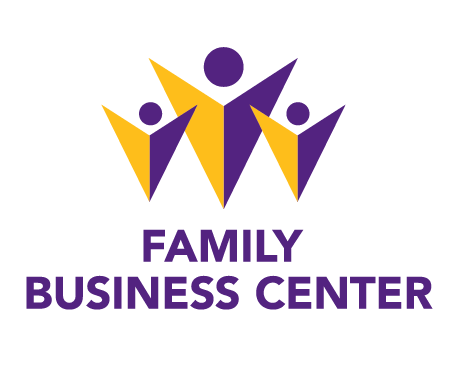The importance of creating an ethical will
The importance of creating an ethical will
By Dan Beenken
The estate planning process is so often just about the physical stuff. Who gets the stuff and who doesn’t?
It’s always a big part of a family’s generational succession plan. Deciding who gets your old baseball cards or convertible is certainly important, but it's not the only way you can direct your legacy. In fact, it's really not even the most critical part… at least it shouldn’t be.
Often overlooked and forgotten are the more important, intangible parts of your legacy planning. An ethical will is a way to document the why, how and who of your life, plus what you want future generations to know and learn from you. It’s the core of who you are, representing what has shaped your values and the wisdom you have gained along the way.
In many ways, these are the true “things” that your family tree wants to inherit from you. The convertible will eventually rust away and the baseball cards will probably get cashed in by your nephew the first chance he gets. But your values, your lessons for life and all of the other wisdom you share within an ethical will can always be there for future generations to draw on.
In our next meeting of the Legacy Peer Group, we are going to take a walk through what an ethical will is and what it should include, and start crafting them. I hope you can join us on Feb. 21, at noon to discuss, share and start creating your ethical will.


